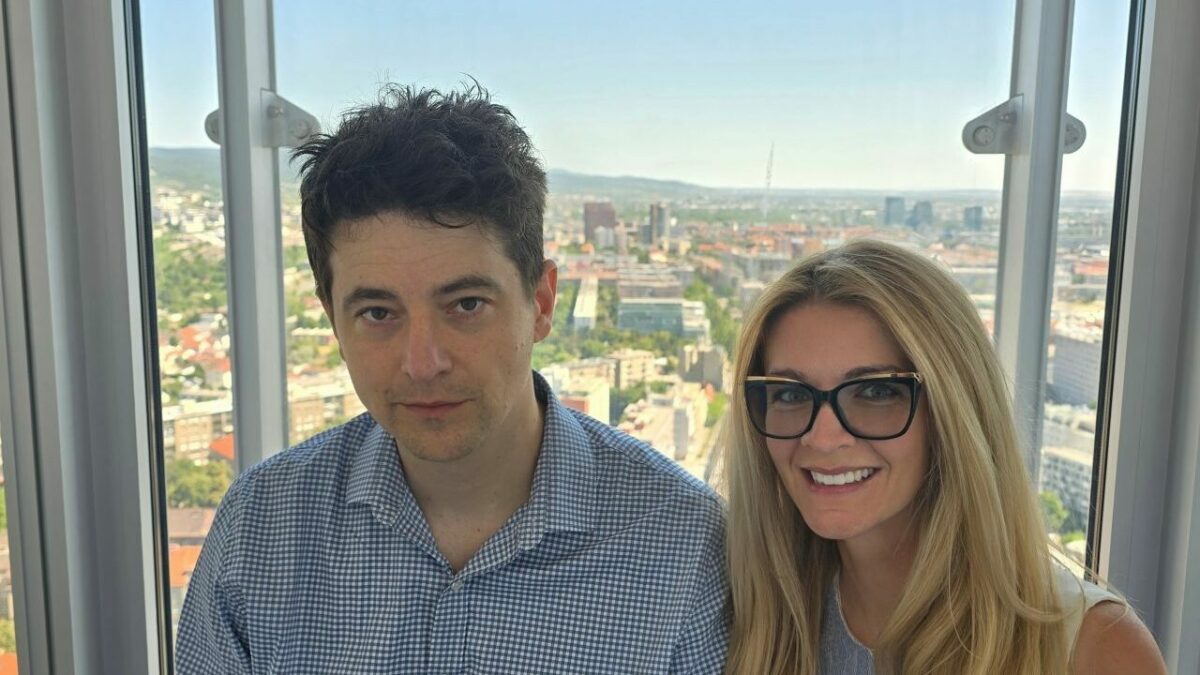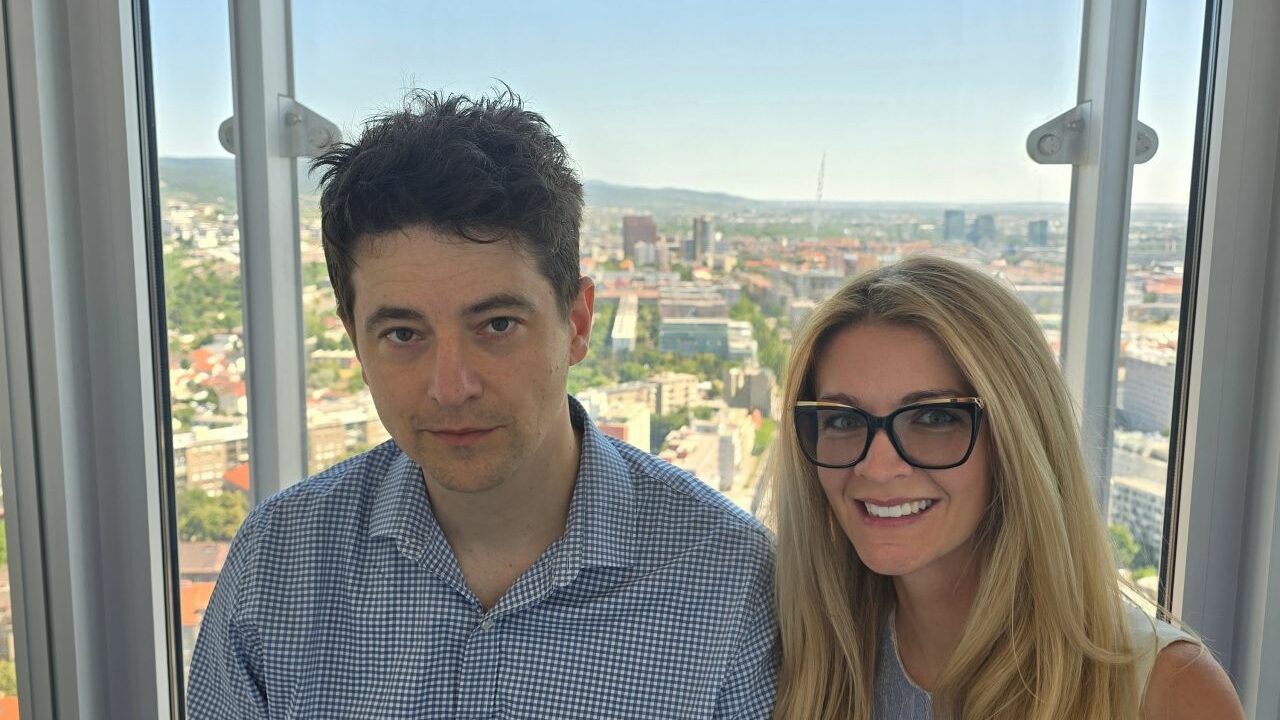Meeting with Michal Valko, expert on large language models
The National Supercomputing Centre and the National Competence Centre for HPC, represented by Lucia Malíčková, met with prominent Slovak scientist Michal Valko, who is among the world’s leading experts in artificial intelligence and machine learning. They discussed opportunities for future collaboration, with a particular focus on leveraging Slovakia’s HPC capacities to support advanced research in large language models and algorithms that require minimal human feedback.
Michal Valko currently serves as Chief Models Officer at a stealth startup, is a researcher at the prestigious French institute Inria, and lectures at ENS Paris-Saclay. In 2024, he also became the principal engineer for Llama at Meta, where he is building the online reinforcement learning infrastructure and conducting research for the Llama 3 models.
His research focuses on designing algorithms that can operate with as little human intervention as possible. This includes deep reinforcement learning, bandit algorithms, unsupervised learning, as well as so-called self play — learning by comparing one’s own outcomes. Recently, he has concentrated on data representations, language models, and developing deep learning algorithms with solid theoretical foundations. He is currently working on algorithmic solutions that enable more efficient fine-tuning and better alignment of large language models (LMMs).
Michal Valko comes from Slovakia, where he attended the Alejová Gymnasium in Košice. Looking back, he especially values the close collaboration between this school and the Faculty of Science at UPJŠ, which sparked his interest in science. He went on to study artificial intelligence and mathematical methods in computer science at the Faculty of Mathematics, Physics and Informatics of Comenius University. In 2011, he earned his PhD at the University of Pittsburgh under the supervision of Miloš Hauskrecht. He then completed his postdoctoral studies with Rémi Munos, with whom he later co-founded Google DeepMind Paris.
Throughout his career, he has also worked on projects with companies such as Intel, Adobe, Technicolor, and Microsoft Research. As early as 2009–2010, during an internship at Intel Labs in Silicon Valley, he contributed to the development of autonomous systems designed to help visually impaired people recognize faces.
The National Supercomputing Centre and the National Competence Centre for HPC will continue to actively seek opportunities to connect Slovakia’s HPC infrastructures with global leaders in the field of artificial intelligence. They believe that this meeting will also lay the groundwork for new ambitious initiatives.
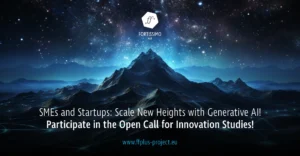 CURRENT FFPLUS CALL 12 Jan - European startups and small and medium-sized enterprises working with artificial intelligence, data, or computationally intensive models currently have the opportunity to take part in an attractive call aimed at supporting innovative research and development. The call targets companies that want to further advance their technological solutions, validate them in real-world conditions, and harness the potential of cutting-edge European supercomputing infrastructure.
CURRENT FFPLUS CALL 12 Jan - European startups and small and medium-sized enterprises working with artificial intelligence, data, or computationally intensive models currently have the opportunity to take part in an attractive call aimed at supporting innovative research and development. The call targets companies that want to further advance their technological solutions, validate them in real-world conditions, and harness the potential of cutting-edge European supercomputing infrastructure.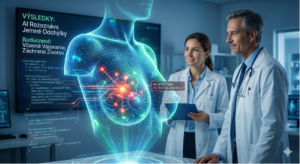 AI pomáha zachraňovať ženské životy 17 Dec - Strach z rakoviny prsníka je tichým spoločníkom mnohých žien. Stačí jedno pozvanie na preventívne vyšetrenie, jeden telefonát od lekára či jedno čakanie na výsledky – a myseľ je plná otázok: „Som v poriadku?“ „Čo ak nie?“ „Môže sa niečo prehliadnuť?“
Aj keď skríning potvrdí negatívny nález, obavy často pretrvávajú.
AI pomáha zachraňovať ženské životy 17 Dec - Strach z rakoviny prsníka je tichým spoločníkom mnohých žien. Stačí jedno pozvanie na preventívne vyšetrenie, jeden telefonát od lekára či jedno čakanie na výsledky – a myseľ je plná otázok: „Som v poriadku?“ „Čo ak nie?“ „Môže sa niečo prehliadnuť?“
Aj keď skríning potvrdí negatívny nález, obavy často pretrvávajú.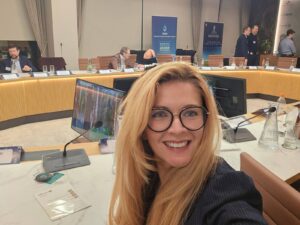 VICE and the Digital Twin at the Pre-Christmas Hydrogen Infoday 11 Dec - Dňa 10. decembra 2025 sme sa zúčastnili podujatia Predvianočný vodíkový Infoday v Bratislave. Súčasťou programu bola prezentácia VICE – Vertical Integrated Cyclic Energy, Hydrogen, vedená Laurie Farmerom a Luciou Malíčkovou.
VICE and the Digital Twin at the Pre-Christmas Hydrogen Infoday 11 Dec - Dňa 10. decembra 2025 sme sa zúčastnili podujatia Predvianočný vodíkový Infoday v Bratislave. Súčasťou programu bola prezentácia VICE – Vertical Integrated Cyclic Energy, Hydrogen, vedená Laurie Farmerom a Luciou Malíčkovou. 
